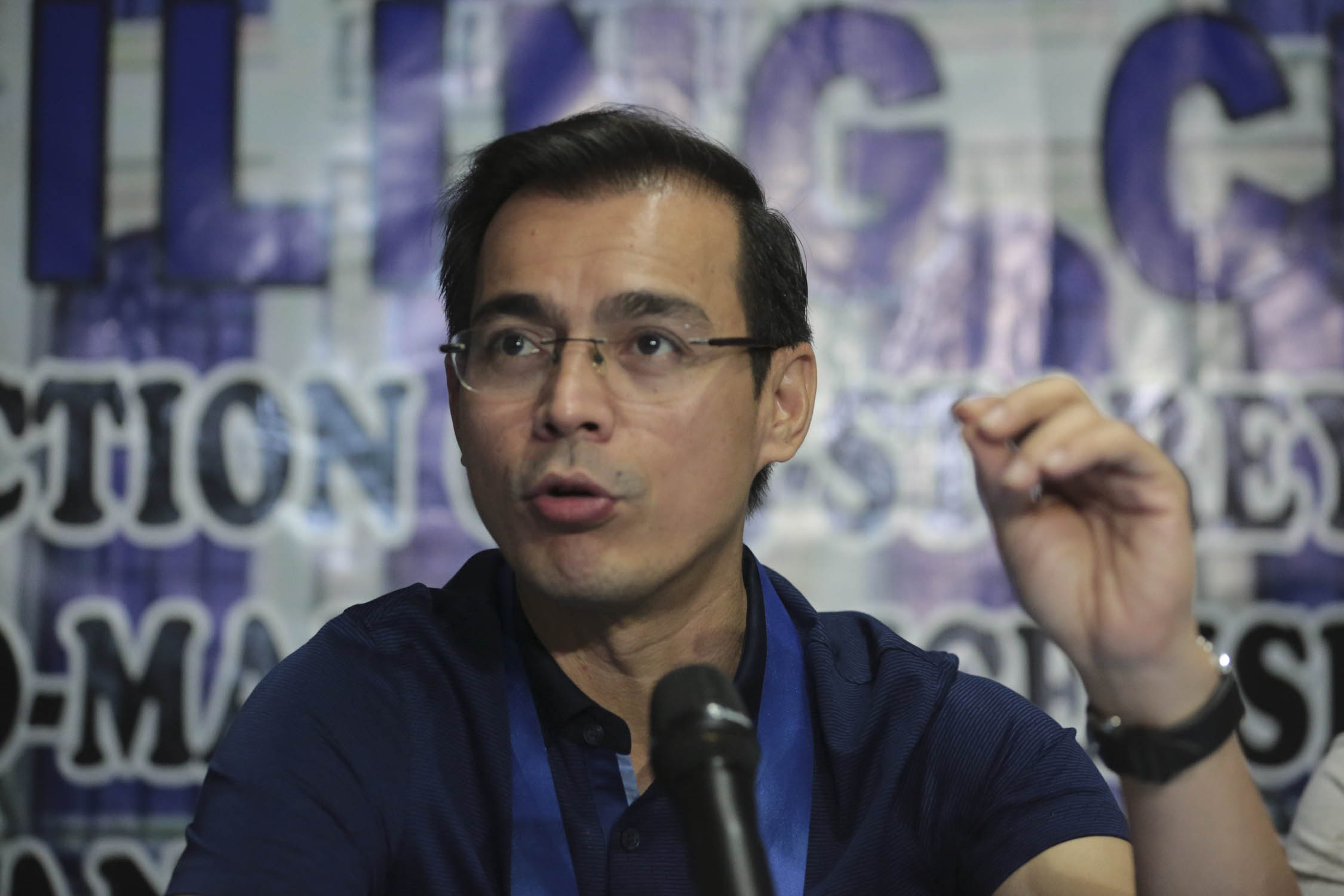
MANILA, Philippines — President Rodrigo Duterte’s latest push for the reimplementation of death penalty contradicts at least two statements he made in the same State of the Nation Address, the Commission on Human Rights (CHR) noted on Monday.
CHR spokesperson Jacqueline de Guia explained that Duterte mentioned putting human lives above all and noting the obligation on human rights responsibilities does not coincide with a push to reinstate capital punishment through lethal injection.
“Calling to reintroduce death penalty in the Philippines through lethal injection runs against two affirmations of this government during the 2020 State of the Nation Address—putting human lives above all and not dodging the obligation to fight for human rights,” De Guia said in a statement.
“CHR wishes to stress that any moves to reinstate capital punishment in the country conflicts with the tenets of the Second Optional Protocol to the International Covenant on Civil and Political Rights, which the Philippines ratified in 2007. Bringing back death penalty will be a breach of international law,” she added.
Calls to reinstate death penalty has been repeated over and over again under Duterte’s administration, after he run under a platform of fighting crime and illegal drugs — which he and his supporters believe to be a crime deterrent.
“I reiterate the swift passage of the law reviving the death penalty by lethal injection for crimes specified under the Comprehensive Dangerous Drugs Act of 2002,” Duterte said in his fifth Sona.
Despite Duterte’s statements on the death penalty issue, a lot of people are divided whether the government should adopt the policy, which was trashed out during the term of former president Gloria Macapagal-Arroyo.
In a survey last October 2018, it was revealed that 7 out 10 Filipinos oppose death penalty, as Duterte even noted that not all of the limited participants present at the House of Representatives complex appeared to agree with his plans, as the applauses have been few.
CHR said that they believe crimes should be punished, but not at the expense of their lives.
“Time and again, CHR has invited the government to engage in a frank and factual discussion on the ineffectiveness of death penalty in curbing crimes. We too believe that crimes must be punished. But the call for justice should not result to further violations of human rights, especially the right to life,” De Guia said.
“We believe in the need for a comprehensive approach in addressing drug sale and use, as well as all other crimes, anchored on restorative justice instead of merely imposing punishments without regard for human lives and human rights,” she added.


